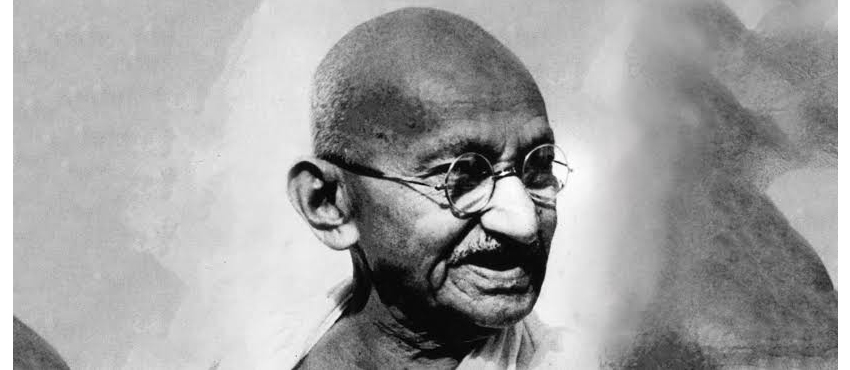Ahimsa in this age; in every age

Ahimsa is a subtle and profound ideal, which is not just limited to non-killing. In its comprehensive meaning, it means complete abstinence from causing any pain or harm whatsoever to any living creature, either by thought, word, or deed. Therefore, ahimsa is not just an act of omission, but a form of positive, cosmic love
In an age which believes that war and violence can be justified as ‘means’ to achieve desirable ends, Gandhiji’s emphasis on non-violence may seem obsolete and impractical: but the Hindu way of life has always taught us that ahimsa is the greatest virtue: ahimsa paramo dharma.
Sri Swami Sivananda rightly observes that ahimsa is a subtle and profound ideal which is not just limited to non-killing. In its comprehensive meaning, ahimsa or non-injury means complete abstinence from causing any pain or harm whatsoever to any living creature, either by thought, word or deed. Non-injury is not an abstract philosophy; at its most basic, it requires us to think harmless thoughts, utter non-injurious words as well as perform non-violent deeds.
Therefore, ahimsa is not just an act of omission, but a form of positive, cosmic love. Contempt for others, dislike and prejudice towards people, speaking ill of others, gossip, slander, use of harsh language to inferiors, rude speech, uttering lies, discourtesy, unkindness, and failure to help others and relieve others’ distress are all different forms of violence. Hurting the feelings or sentiments of others is also a form of injury. Cursing, swearing and harsh criticism are all aspects of ahimsa. Even harsh gestures, angry looks and an aggressive tone of voice are acts of himsa or violence. Little wonder then, that ahimsa takes us close to the Divine within each one of us.
Animals and plants also have physical sensations; they too experience pain and pleasure, although we may not be aware of it. They also have their own form of life and sensation although it may not be highly developed or sophisticated
Nor should we regard ahimsa as a passive attitude, as the resort of the weak and the powerless; on the other hand, it is a dynamic, positive force which is achieved only by those who are spiritually strong. For those of you who wish to cultivate this great virtue, my advice would be, to begin with the tapasya of the tongue: do not utter harsh, angry and foul words; control your speech; then, at the next level, control your palate: do not crave for foods of violence.
If you practise this for a few days, you will find that violent and cruel thoughts gradually begin to leave your mind and heart. Not finding a physical outlet through speech, thoughts of cruelty, anger and revenge die out gradually and are replaced by calm and peaceful thoughts.
No, ahimsa is not easy to practise in its true and pure form! But even attempting the impossible can bring us countless blessings and benefits. As our ancient rishis tell us, ahimsa is the pivot around which all virtues revolve. It is the soul-force that enables us to attain all virtues. It purifies our hearts and minds; it gives us strong willpower and self-discipline; it enhances our spiritual strength and ultimately it enables us to realise God and enter the realm of the Blessed.
A final word on the subject of ahimsa towards non-human creatures: for we have been so concerned with the difficulties of practising non-violence in daily life towards other people, that we are often apt to overlook the fact that this principle should also extend to all living things and beings: this is why ahimsa is a favourite ideal with environmentalists all over the world. The degradation of the forests, the raids on natural resources, the failure to protect endangered species, the cruel slaughter of animals and poultry for human consumption these are also forms of himsa that we practise on the world of creation around us. True ahimsa is a binding code of conduct that requires us to be sensitive to the pain of non-human creatures. Cruelty to these creatures brings with it the danger of negative karmic consequences.
Animals and plants also have physical sensations; they too experience pain and pleasure, although we may not be aware of it. They also have their own form of life and sensation although it may not be highly developed or sophisticated. Thus, all living beings deserve our consideration and kindness. Even as we try to avoid personal pain and suffering, even as we desist from causing pain and suffering to other humans, so should we deal with the rest of creation.